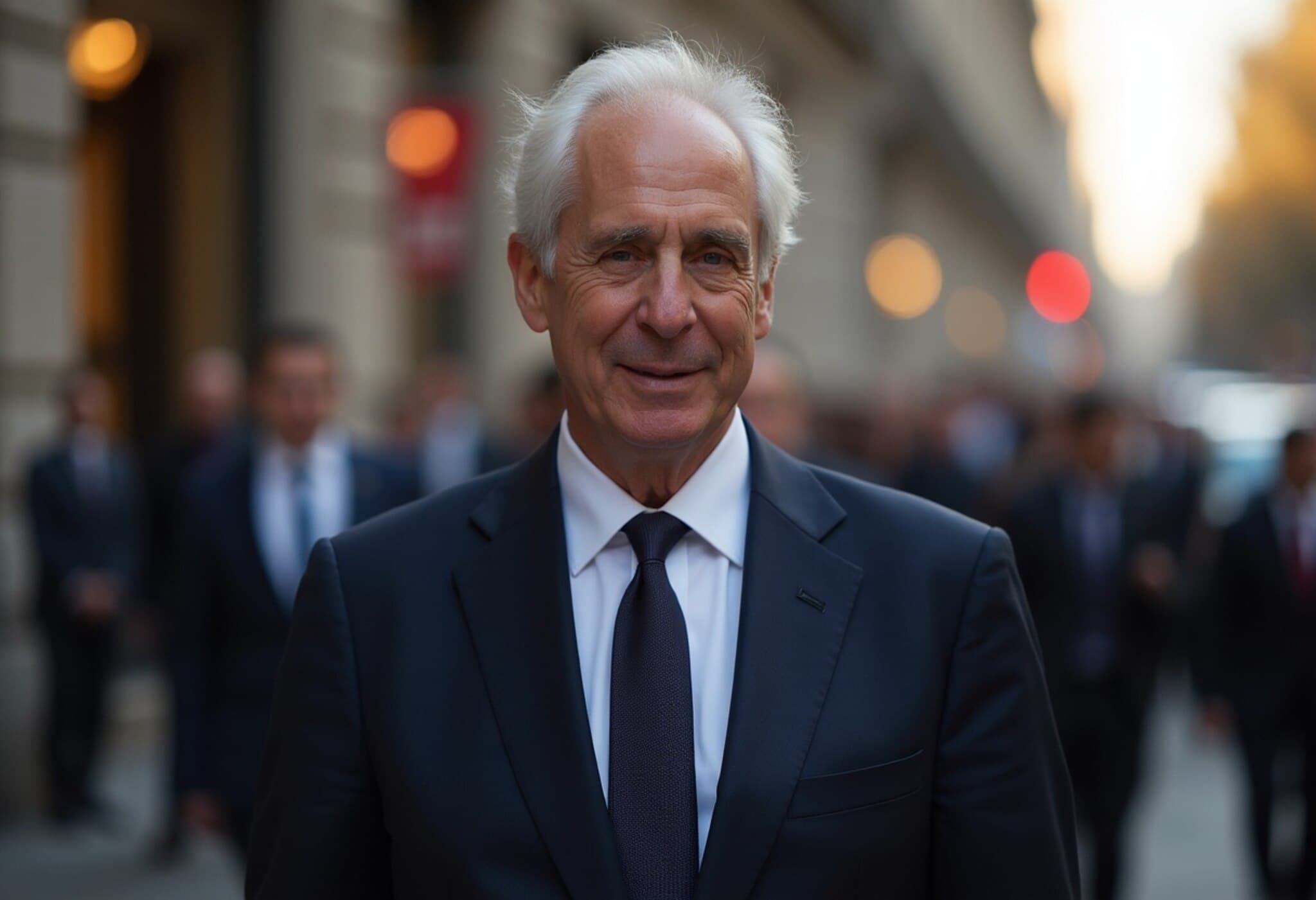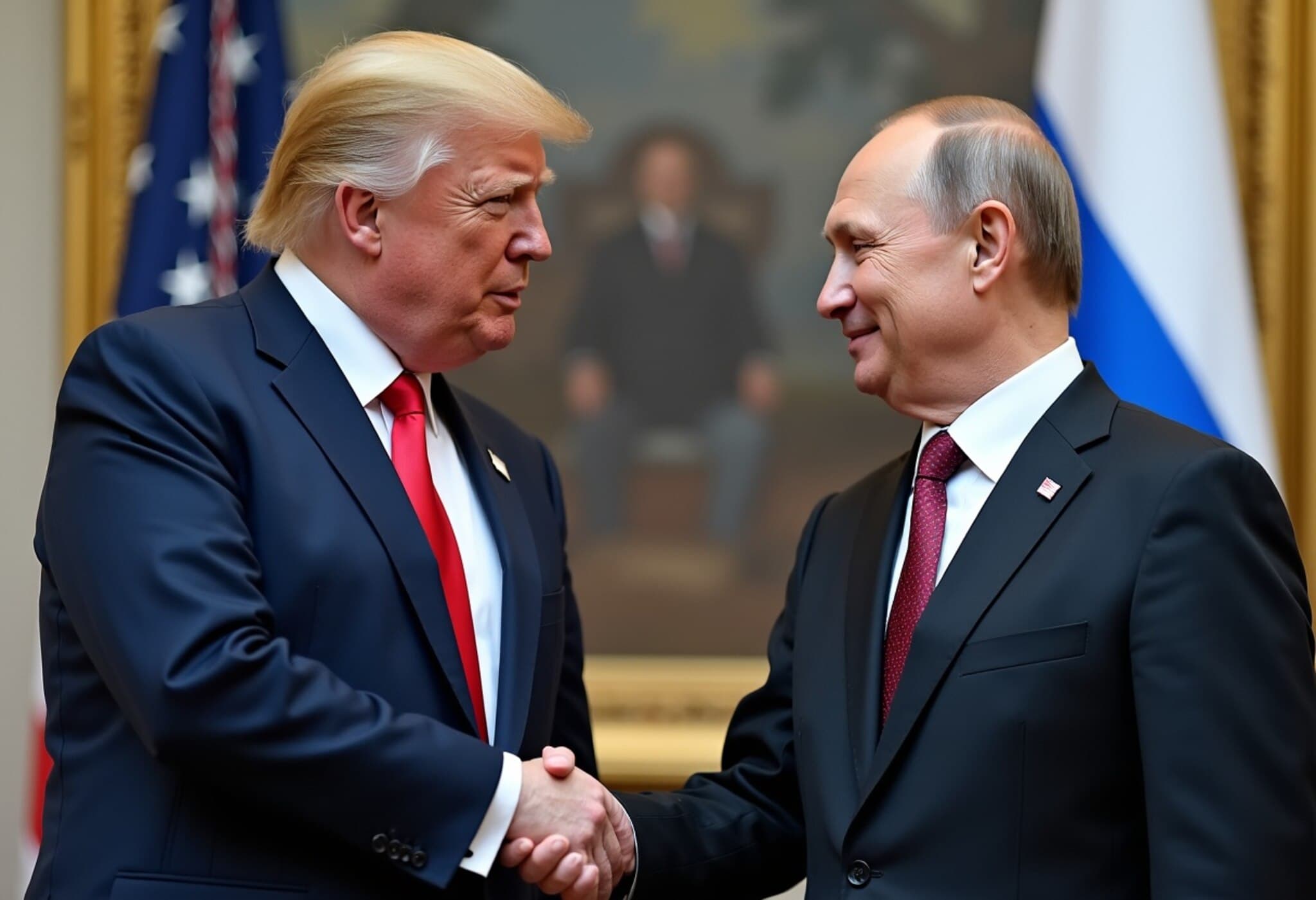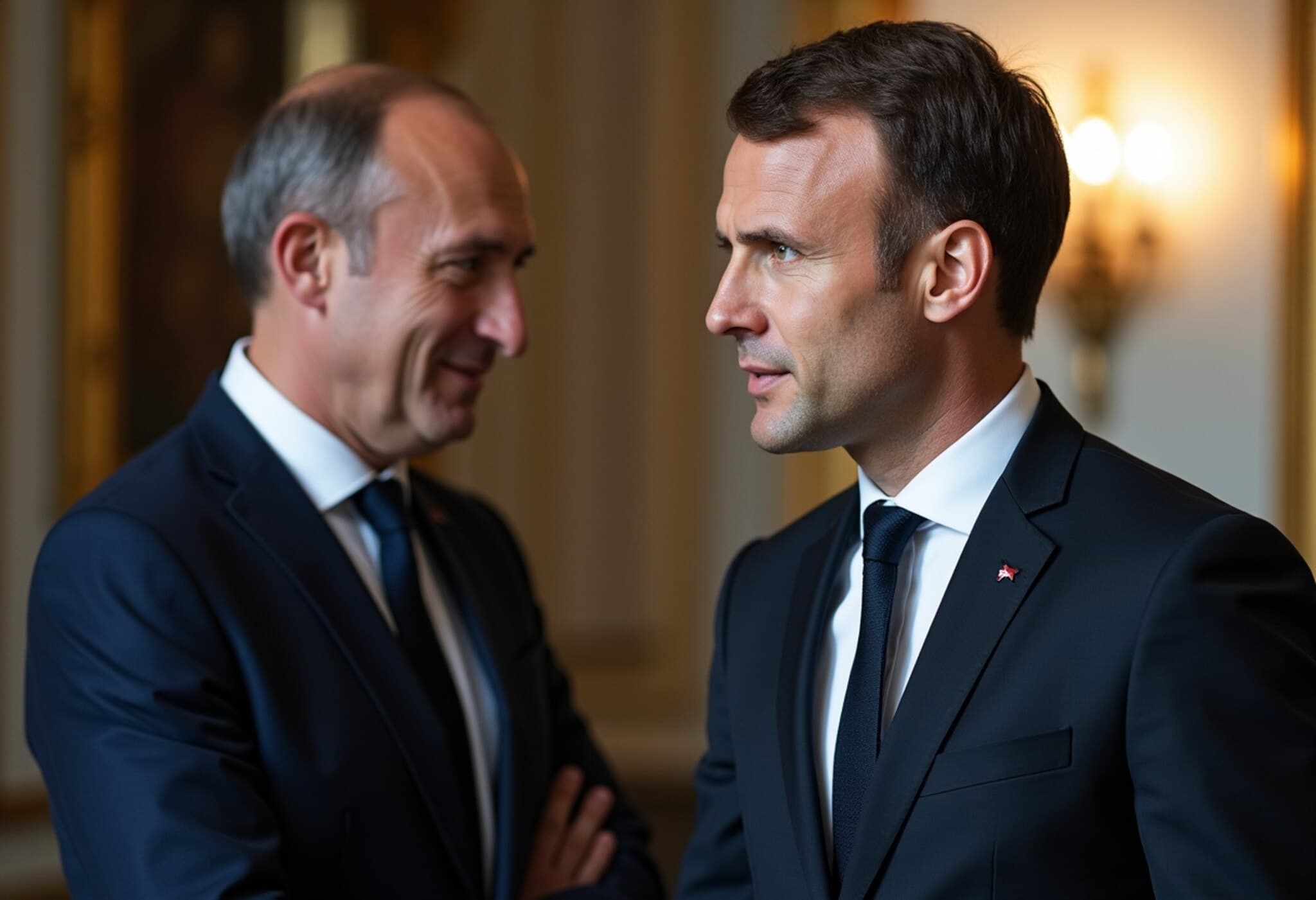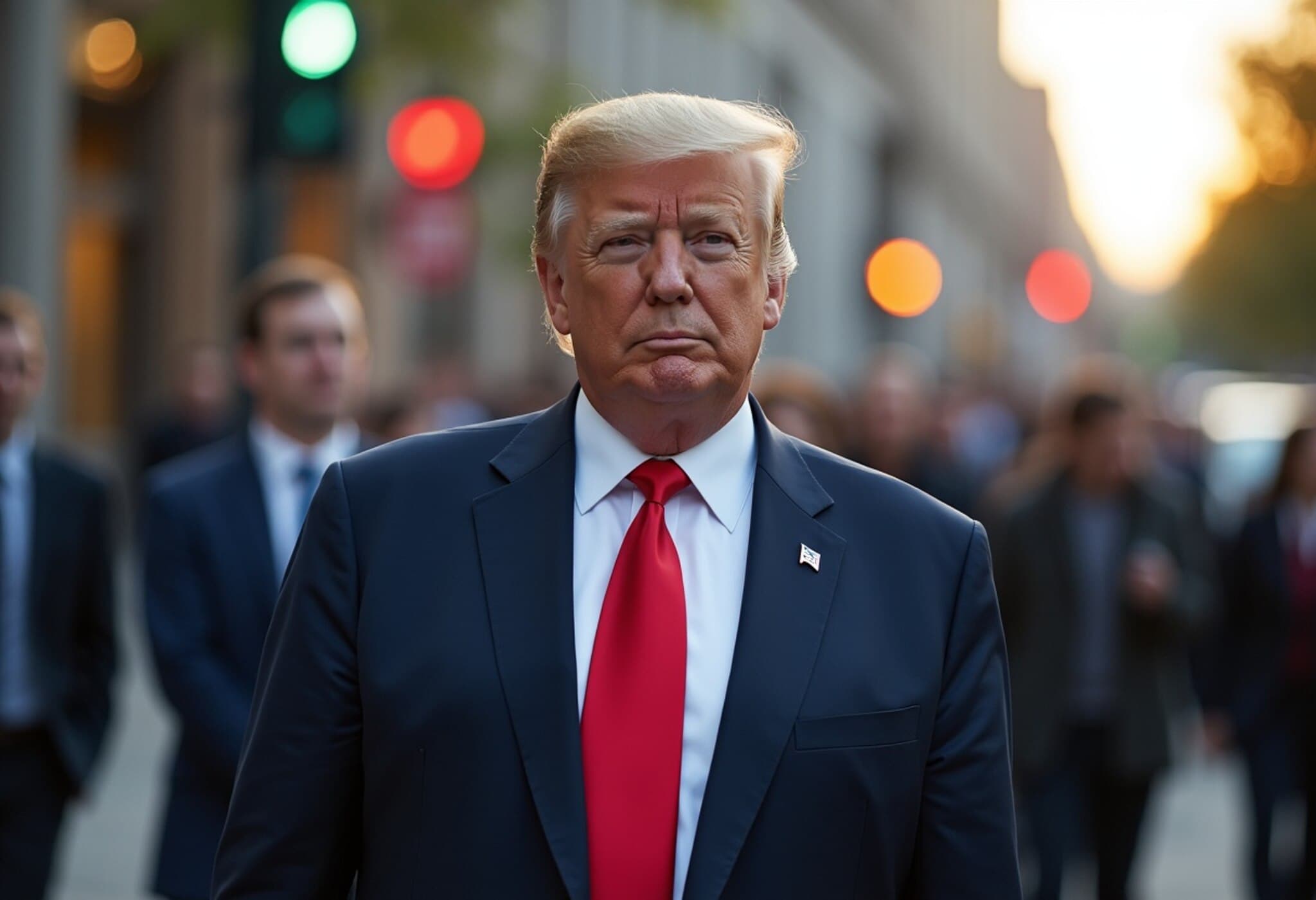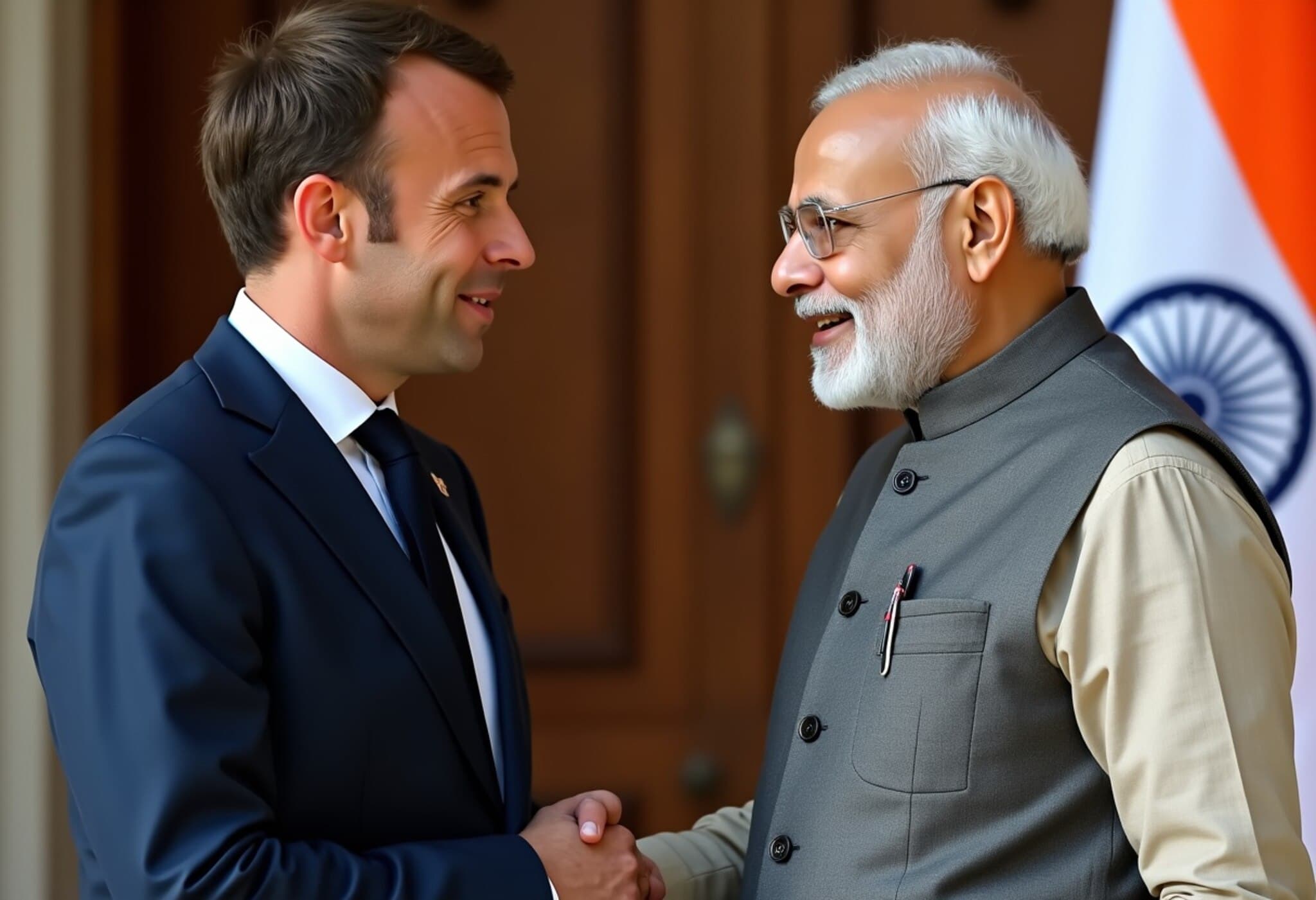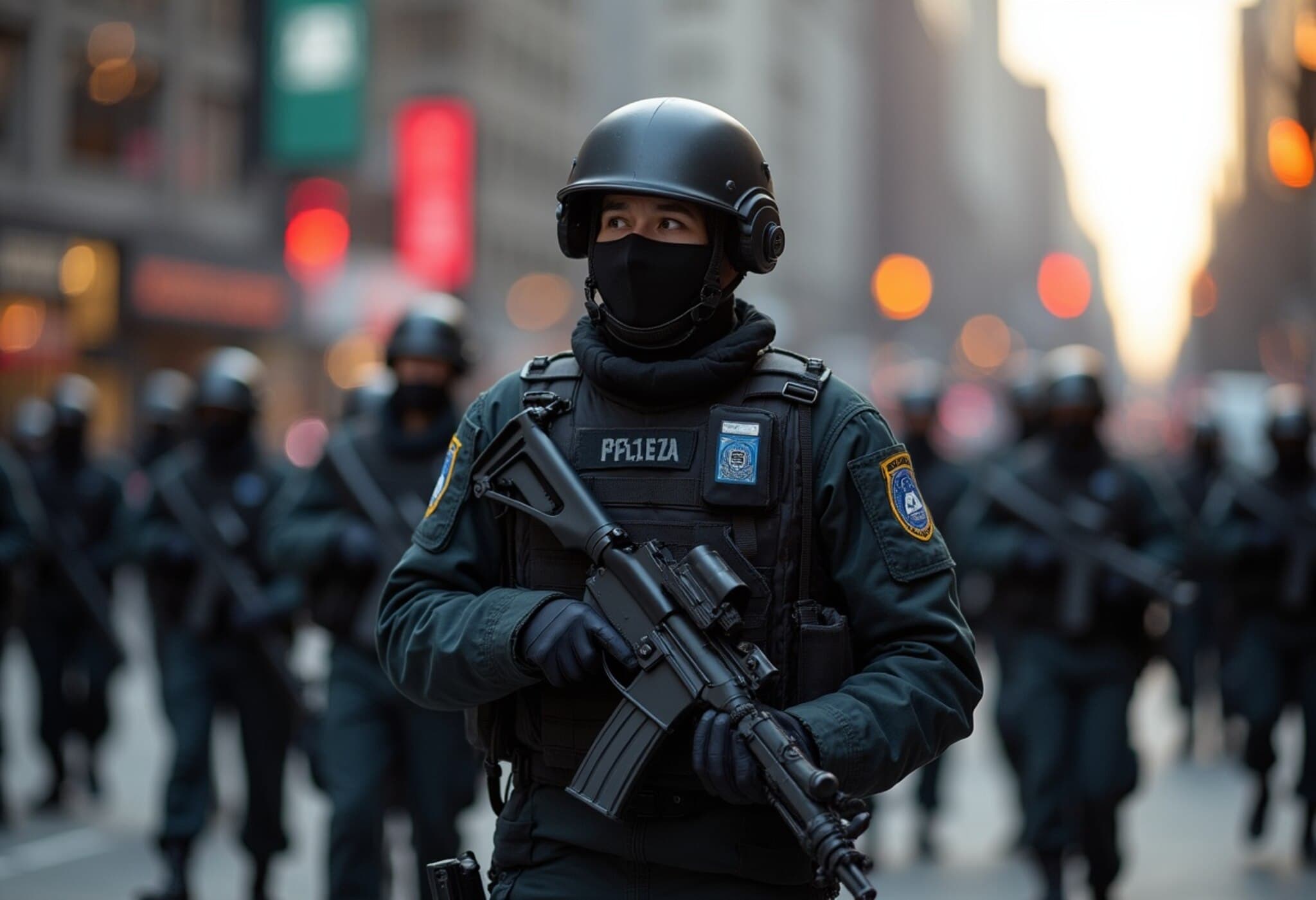France Summons US Ambassador After Antisemitism Allegations
In a sharp diplomatic confrontation, France has summoned the United States ambassador, Charles Kushner, following his public accusation that President Emmanuel Macron’s government has inadequately addressed a surge in antisemitic violence across the country. The French Foreign Ministry categorically rejected these claims, describing them as "unacceptable" and a breach of diplomatic protocol.
Context of the Controversy
Ambassador Kushner, who is Jewish and notably the father-in-law of former U.S. President Donald Trump's daughter Ivanka Trump, published an open letter in the Wall Street Journal on the eve of the 81st anniversary of Paris’s liberation from Nazi occupation. The letter underscores the grim reminder of France's past when Jews were deported during World War II, drawing a painful parallel to recent developments.
He expressed deep concern over what he described as the "dramatic rise of antisemitism" in France and criticized the government’s response as insufficient. According to Kushner, violent attacks on Jews in public, vandalism of synagogues and Jewish-owned businesses, and hateful graffiti targeting Israel and Jewish communities have become daily occurrences.
Key Demands and Diplomatic Repercussions
In his letter, Kushner urged President Macron to enhance enforcement of hate-crime laws and to reconsider France’s stance regarding the Middle East conflict—especially the recent French discussions about recognizing a Palestinian state at the United Nations. Kushner argues that such political positioning risks fueling antisemitic sentiments domestically.
France swiftly reacted: The Foreign Ministry condemned Kushner's remarks, summoned him for a formal explanation, and invoked the 1961 Vienna Convention, which mandates diplomats to refrain from interfering in host countries' internal affairs.
Regional Tensions and Underlying Issues
This incident unfolds amid heightened diplomatic tensions involving France, the United States, and Israel, largely centered on divergent positions regarding the Israeli-Palestinian conflict.
- French President Emmanuel Macron has been vocal about the humanitarian toll of the war in Gaza and critical of Israeli military actions.
- In contrast, Israeli Prime Minister Benjamin Netanyahu and U.S. hardliners, including Kushner's family circle, have pressed back strongly on France's perceived pro-Palestinian initiatives.
Notably, Netanyahu recently sent a letter to Macron accusing his government of enabling antisemitism through the prospect of Palestinian state recognition, echoing Kushner’s concerns.
France’s Jewish and Muslim Communities Amid Rising Hate Crimes
Home to Western Europe’s largest Jewish community—approximately 500,000 people—France also has a significant Muslim population. Both communities have witnessed an uptick in hate crimes linked to the ongoing Middle East conflict tensions.
President Macron has publicly condemned antisemitism as antithetical to French republican values and has pledged increased security measures for Jewish sites. Yet, the complexity of France’s diverse social fabric means balancing these security concerns with community relations remains a sensitive challenge.
Expert Insight: Navigating Diplomacy and Domestic Security
From an American foreign policy perspective, Kushner’s public challenge is unusual and reflects the broader polarization surrounding the Israeli-Palestinian conflict, revealing how deeply international disputes can impact domestic social cohesion abroad.
Experts caution that diplomatic norms typically discourage public accusations against host governments. However, rising antisemitism in Europe is a shared concern that may necessitate open dialogue, even at the risk of diplomatic friction.
This episode also spotlights the difficult terrain France navigates as it balances its secular republican ideals, internal social tensions, and complex Middle Eastern foreign policy stances in an increasingly polarized global environment.
Looking Ahead
With the United Nations scheduled to discuss Palestine state recognition in September, France’s posture will remain under intense scrutiny from multiple actors. Whether this diplomatic spat leads to constructive engagement or escalating tensions will be critical for both France’s international relations and the safety of its Jewish and Muslim communities.
Editor’s Note
This incident underscores the fragile intersection of international diplomacy, domestic policy, and communal security in an era where global conflicts have immediate, tangible effects within nations far from the battlefield. How France manages these overlapping pressures could set precedents for handling hate crimes linked to foreign political disputes across Europe and beyond. Readers should consider: What balance should governments strike between taking principled stances abroad and safeguarding vulnerable communities at home?

